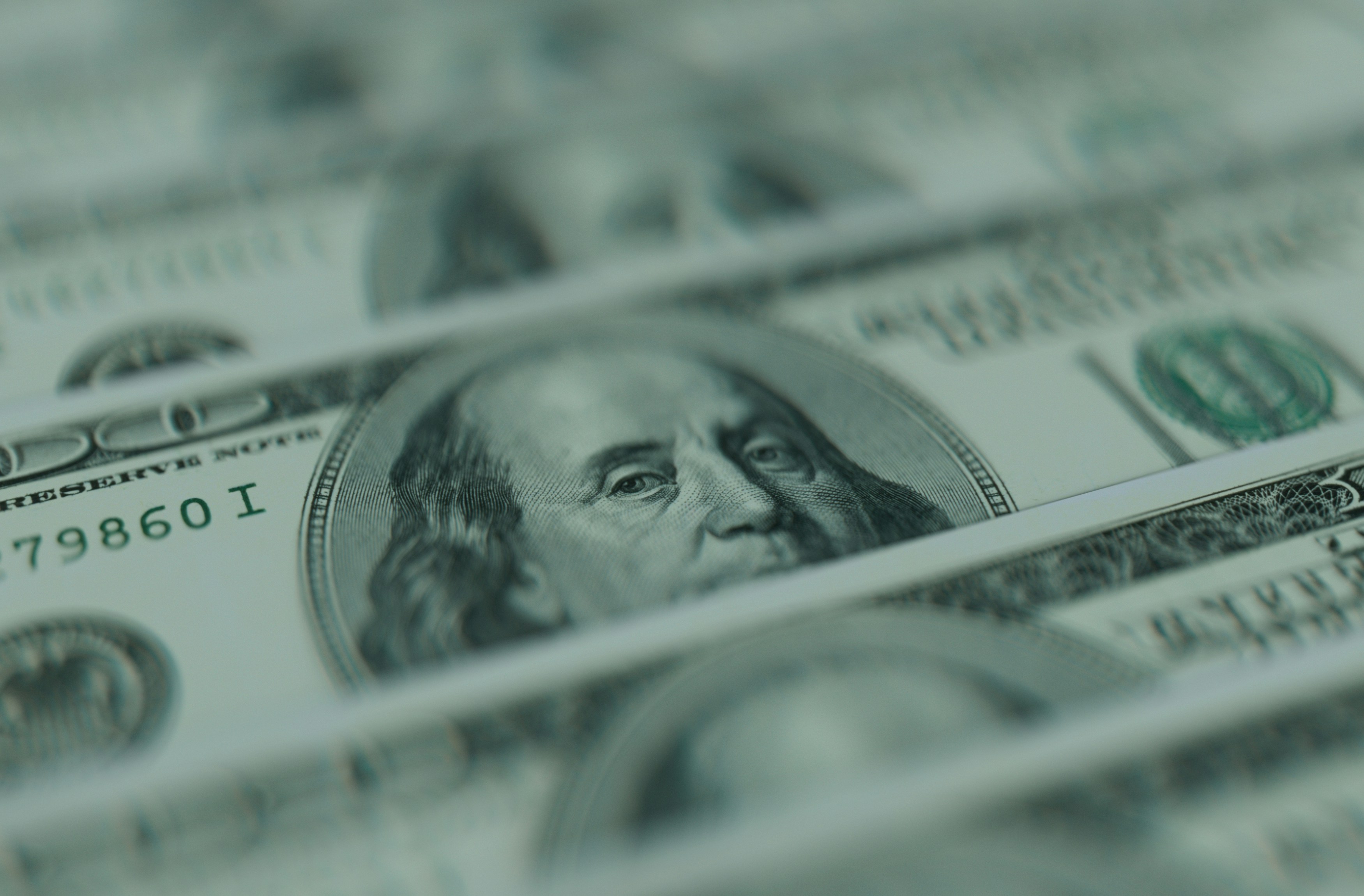A credit card can quickly become a financial trap because it encourages spending beyond your means—often at steep credit card interest rates. While it may provide the illusion of instant financial flexibility, carrying a balance turns convenience into compounding debt. Interest, usually charged daily, accumulates rapidly, and what begins as a manageable amount can spiral out of control. The option to make minimum payments creates a false sense of progress, as most of the payment goes toward interest rather than the principal. This keeps individuals in long-term credit card debt, draining their finances month after month. Without budgeting and disciplined repayment, a credit card can shift from a helpful tool to a lasting burden that blocks your path to financial freedom.
The Bigger Picture: Credit Card Debt and the Economy
Credit card debt has played a significant role in many personal financial crises and, at scale, reflects deeper vulnerabilities within national economies. While it hasn't collapsed economies by itself, it often acts as both a symptom and accelerator of larger financial instability.
United States – Pre-2008 Financial Crisis
In the lead-up to the 2008 financial crisis, American households were overwhelmed with consumer debt, including high credit card balances. Though credit cards weren’t the direct cause, widespread use of unsecured credit contributed to financial stress. Many used credit cards for everyday expenses or even to make mortgage payments. When the housing bubble burst and incomes fell, defaults surged—credit card delinquencies rose, worsening the crisis.
United Kingdom – Post-2008 and Brexit Era
Post-2008 and during the Brexit economy, UK households relied heavily on credit cards to cover living expenses amid stagnant wages and rising costs. As household debt rose, the Bank of England issued warnings. High levels of personal debt weakened consumer confidence, reduced spending, and limited economic growth—showing how credit card reliance can affect national economies.

Why Credit Cards Can Be Dangerous
- High Credit Card Interest Rates: Most cards charge 18%–30% annually. Carrying a balance turns small purchases into long-term financial burdens.
- Compounding Interest on Credit Cards: Interest is compounded daily, accelerating debt growth.
- Minimum Payments Trap: Paying only the minimum keeps users in debt for years.
- Impact on Credit Score: High utilization affects your credit report and loan eligibility.
- Debt Stress and Mental Health: Persistent debt causes stress and anxiety, affecting your overall well-being.
- Loss of Wealth-Building Opportunities: Money paid in interest could be saved or invested.
- Debt Spiral Risk: Using credit to pay for basics leads to a cycle of borrowing and deeper debt.
Pay Off Credit Card Debt Fast
If you’re dealing with high credit card balances, try these strategies:
- Use the debt avalanche method (focus on the highest interest first).
- Try the debt snowball method (pay the smallest balance first to gain momentum).
- Consider balance transfer credit cards or debt consolidation loans, but only if you commit to stopping further debt accumulation.
A Useful Weapon but Wield with caution.
Credit Cards can be a powerful weapon to wield in personal finance. It can help tide over the unexpected financial liability that can otherwise literally break your financial back. Just like a lifeline that helps us reach the next level in gaming. But credit card should be used responsibly. It helps build your credit score, earn cashback rewards, and protect purchases. The key is to use it only for planned expenses and always pay the full balance on time. This avoids interest charges and supports a healthy credit utilization ratio, improving your financial profile.
Its important to remember: a credit card is a payment tool, not a source of income. When used wisely, it enhances your financial life. When misused, it can trap you in debt.
EXPLORE MORE POSTS
The Executive guide to Diversifying Concentrated Stock
For many executives and founders, company stock represents both professional...
Read Moreby Irman Singh
AI Meets Reality: Labor Cracks, Fed Uncertainty, and a Market in Reset
The U.S. equity market has taken a sharp turn this week as investors react to...
by Jerry Yuan
Where AI Truly Helps RIAs (and Where It Doesn't) : A PRACTICAL GUIDE
by Irman Singh
Gold & Silver Surge: A Quiet Warning Signal for U.S. Equity Markets
Gold and silver are surging as U.S. stocks show volatility, signaling a shift...
by Jerry Yuan
Portfolio Construction Mistakes Advisors Must Avoid in 2026 -PART 2
by Irman Singh
Markets Bounce Back as Trump Blinks — Relief Rally Returns, but Caution Lingers
US markets staged a sharp relief rally after President Trump paused planned...
by Jerry Yuan
Portfolio Construction Mistakes Advisors Must Avoid in 2026 -PART 1
by Irman Singh
U.S.–Taiwan Trade Deal: A Structural Positive for U.S. Equities
The U.S.–Taiwan trade agreement represents a substantial benefit for U.S....
by Jerry Yuan
AI for RIAs: Portfolio Management, Client Experience & Compliance
by Irman Singh
Energy Politics vs. Market Reality: What Venezuela Means for U.S. Equities
by Jerry Yuan
Strategic Planning for RIAs 2026 -the Next Phase of Growth
A look at RIA industry trends, digital transformation, and long-term firm...
Read Moreby Irman Singh
2026 Investement Outlook: Strategic Priorities for Investors
As we approach 2026, ultra-high-net-worth (UHNI) investors face a landscape...
Read Moreby Irman Singh
2025 The year that was: Trump Tariffs, Gold Rally, and Portfolio Positioning for Investors
As we close the books on 2025, we reflect on a year that tested investors'...
Read Moreby Irman Singh
U.S. Equities Rebound as Cooling Inflation Strengthens Fed Pivot Expectations
Cooling inflation has revived confidence in U.S. equities, with falling yields...
Read Moreby Jerry Yuan
Jurisdictional Complexity: Managing Multi-Country Income and Tax Exposure.
by Irman Singh
Why Oracle’s Pullback Doesn’t Signal the End of the AI Trade
Oracle’s sharp post-earnings selloff triggered a broad AI market pullback, but...
Read Moreby Jerry Yuan
Investment Risk Profile: Factors Affecting It and Tax Strategy
Every investor has a unique investment risk profile, which determines how much...
Read Moreby Irman Singh
BOJ Tightening: How Japan’s Rate Hike Could Impact U.S. Equities
Japan’s shift toward tightening has added volatility to global markets, but...
Read More



















